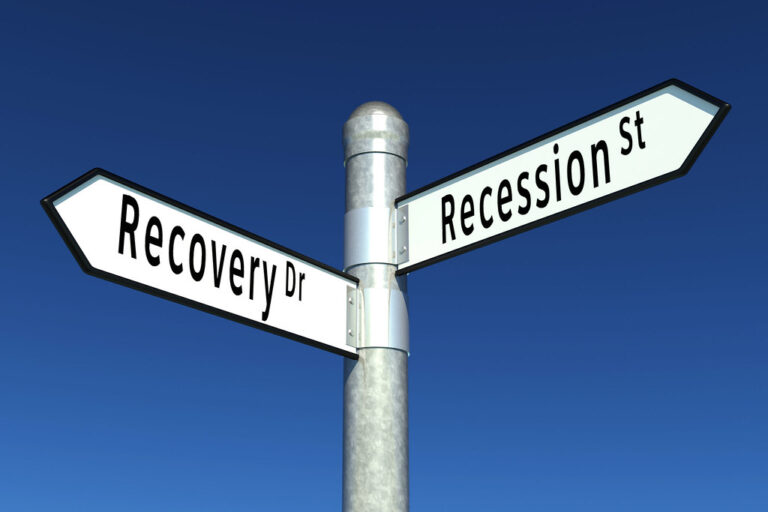The idea of early retirement sounds amazing—no more work stress, no more meetings, just freedom and relaxation. But for many people, the reality of retiring early isn’t what they expected. Some even regret leaving the workforce too soon.
Before you rush to quit your job, consider these 10 reasons you might not actually want to retire early—and what to think about before making the leap.
1. You Might Get Bored Faster Than You Think

🔹 Why It’s a Problem:
- Many people underestimate how much work gives them purpose and structure.
- Without hobbies, projects, or social interaction, early retirees can feel aimless.
✅ What to Do Instead:
- Have a plan for how you’ll fill your days before retiring.
- Consider part-time work, volunteering, or passion projects.
2. Your Social Life Might Take a Hit

🔹 Why It’s a Problem:
- If you retire early, most of your friends will still be working, making it harder to socialize.
- Work provides built-in human interaction, which many people miss after retiring.
✅ What to Do Instead:
- Build a strong social network outside of work before retiring.
- Look for clubs, groups, or activities to stay connected.
3. You Could Run Out of Money Too Soon

🔹 Why It’s a Problem:
- The longer you’re retired, the more money you need to make your savings last.
- Unexpected costs (inflation, healthcare, home repairs) can drain savings faster than expected.
✅ What to Do Instead:
- Use the 4% rule cautiously—adjust for inflation and market downturns.
- Consider having part-time income or investments that generate cash flow.
4. Healthcare Costs Can Be Brutal

🔹 Why It’s a Problem:
- If you retire before age 65, you won’t have Medicare yet, and private insurance is expensive.
- Medical costs increase as you age, and many people underestimate these expenses.
✅ What to Do Instead:
- Consider a Health Savings Account (HSA) for tax-free medical expenses.
- Look into long-term care insurance or other coverage before retiring.
5. You Might Regret Giving Up a High-Income Earning Window

🔹 Why It’s a Problem:
- Your peak earning years are usually in your 40s and 50s.
- Walking away too early means missing out on some of your highest-income years.
✅ What to Do Instead:
- If you love your job, consider working a few more years to maximize savings.
- Negotiate a less stressful role instead of quitting completely.
6. Inflation Will Keep Eating Away at Your Savings

🔹 Why It’s a Problem:
- Inflation reduces the buying power of your savings over time.
- Many early retirees don’t account for inflation when planning withdrawals.
✅ What to Do Instead:
- Keep part of your portfolio in growth assets (stocks, real estate) to outpace inflation.
- Don’t rely too much on fixed-income investments—they might not keep up with rising costs.
7. You Might Lose Your Sense of Purpose

🔹 Why It’s a Problem:
- Work gives people a sense of identity, challenge, and purpose.
- Many early retirees feel unfulfilled and restless without work goals.
✅ What to Do Instead:
- Consider part-time consulting, passion projects, or mentoring.
- Stay engaged in hobbies, learning, or volunteering.
8. Retiring Early Can Hurt Your Social Security Benefits

🔹 Why It’s a Problem:
- Your Social Security benefits are based on your highest-earning 35 years—retiring early could reduce your lifetime payout.
- Claiming Social Security before age 70 means receiving lower monthly payments.
✅ What to Do Instead:
- Wait as long as possible (ideally 70) to claim Social Security for the highest payout.
- Keep working part-time to boost your benefit calculations.
Read More: I Took a Pay Cut for Work-Life Balance — Was It Worth It?
9. The “One-More-Year” Syndrome Is Real

🔹 Why It’s a Problem:
- Some people retire early only to regret it and wish they worked longer.
- Others never retire at all because they keep second-guessing their financial security.
✅ What to Do Instead:
- Set clear financial and lifestyle goals—don’t retire too soon out of impulse or wait too long out of fear.
- Consider a “test retirement”—take a long sabbatical to see if you actually enjoy it.
Read More: 10 Jobs That Will Likely Be Obsolete in the Next 20 Years
10. You Might Miss the Structure and Routine of Work

🔹 Why It’s a Problem:
- Work provides structure, routine, and purpose that many people miss in early retirement.
- Without a schedule, some retirees feel unproductive or even depressed.
✅ What to Do Instead:
- Before retiring, create a structured weekly schedule with activities, goals, and hobbies.
- Consider working part-time, volunteering, or taking classes to stay engaged.
Read More: 15 Ways to Deal With a Bad Boss (Without Losing Your Job)






